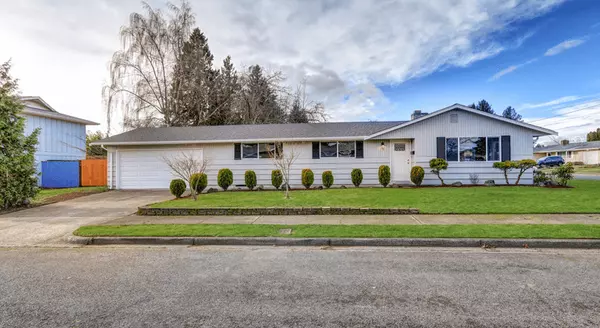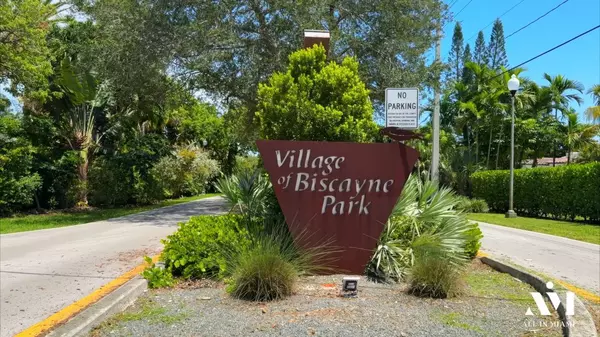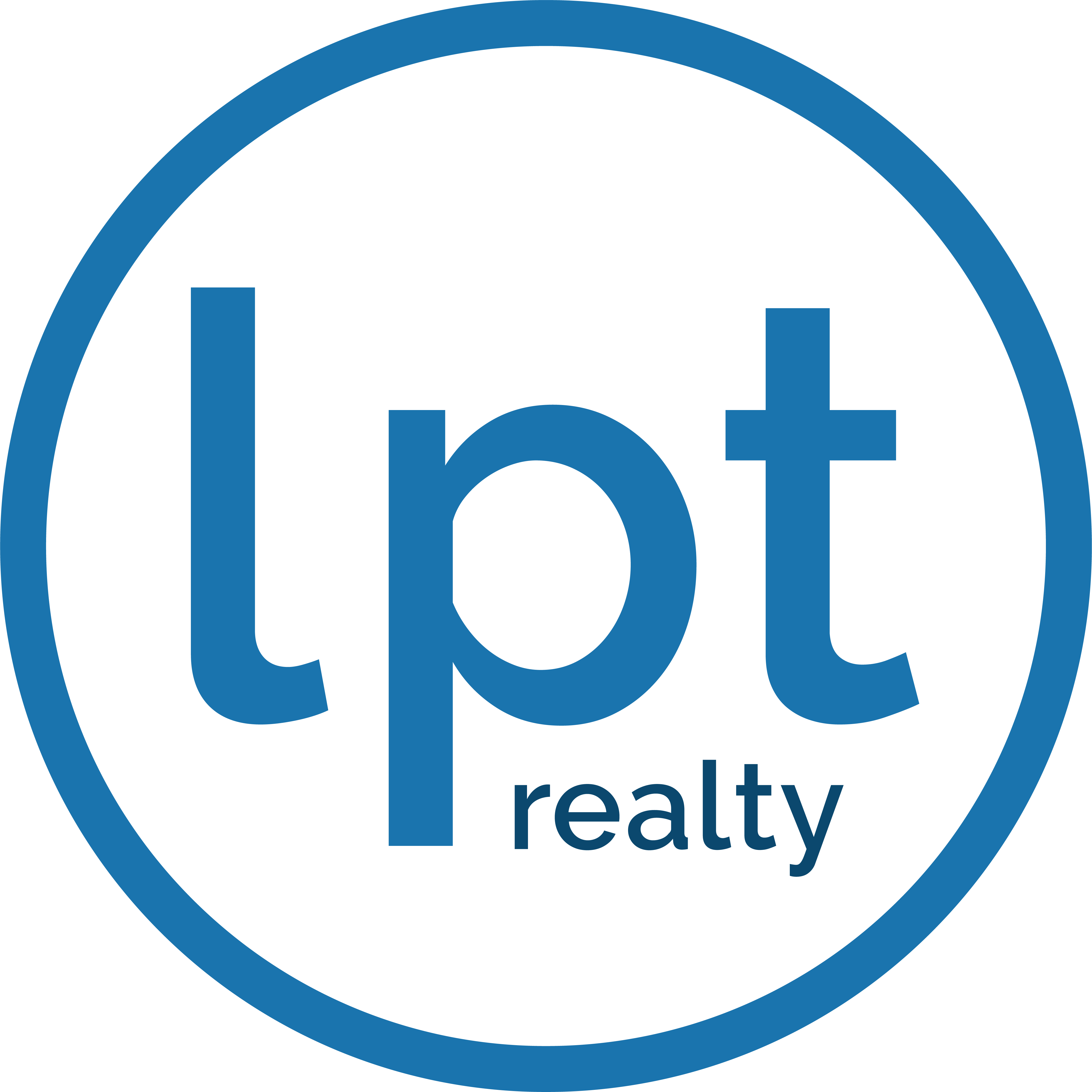What Are Condo Bylaws and How Do They Affect You in Florida?

When you buy a condo in Florida, you are stepping into a shared ownership structure governed by state law and a complex set of community documents. One of the most critical of those documents is the condo bylaws.
Bylaws determine how the condominium association operates, how elections are held, how meetings are run, what rules unit owners must follow, and how disputes are handled. Whether you live in a high-rise in Brickell or a small association in Sunny Isles, understanding your Florida condo bylaws is key to protecting your rights and avoiding issues with your association.
In this guide, we break down what bylaws are, what they cover, how they impact you, and where Florida Statutes, especially Chapter 718, come into play.

Key Takeaways
-
Condo bylaws are required by Florida Statutes and govern how the association operates, including elections, meetings, and rule enforcement.
-
Bylaws define board powers, including financial decisions, rule enforcement, and maintenance responsibilities.
-
Unit owners have rights to vote, access records, attend meetings, and run for the board, all of which are defined in the bylaws.
-
Bylaws also include use restrictions such as pet policies, leasing limits, noise rules, and amenity use.
-
Amending bylaws requires unit owner approval and must follow procedures in Florida Statutes §718.112.
-
You can request bylaws from your association, and Allioo is creating a tool to help you preview them before buying.
Condominium bylaws are the formal rules adopted by a condo association to govern the day-to-day operations of the community. Unlike the Declaration of Condominium, which defines ownership boundaries and property rights, the bylaws focus on governance and procedure
What Do Condo Bylaws Typically Include?
Florida Statutes require specific topics to be addressed in your condo’s bylaws. These five areas have the most impact on everyday life in your Miami condo or any other Florida condo.
1. Board Elections and Terms
Bylaws specify how the board of directors is elected, how long each director serves, and what the election process involves. Typically, directors serve staggered terms of one or two years, although some associations allow for longer terms if approved by unit owners. The bylaws explain how nominations are submitted, whether candidates can be nominated from the floor during meetings, and the deadlines for candidate notices.
Understanding your bylaws ensures you are aware of your voting rights and helps you participate in the governance of your community. It also informs you of your eligibility if you ever want to run for a position on the board.
Bylaws lay out:
-
How many board members will the association have
-
How long do board members serve
-
How elections are conducted (notice, eligibility, voting process)
-
Procedures for filling vacancies
-
Requirements for removing a director
2. Meeting Procedures
-
Minimum notice periods for meetings
-
Rules for posting and distributing agendas
-
Quorum requirements for both board and member meetings
-
Owner participation rights and limits
-
How special meetings are called
3. Powers and Duties of the Board
-
Enforcing the declaration, rules, and regulations
-
Maintaining common areas and facilities
-
Managing association funds and budgets
-
Hiring vendors and professionals
-
Levying and collecting assessments
-
Initiating legal action when needed
4. Use Restrictions and House Rules
-
Pet limitations (number, breed, or size)
-
Quiet hours or noise regulations
-
Guest and visitor policies
-
Parking and vehicle rules
-
Pool, gym, and amenity usage guidelines
-
Smoking or vaping bans in common or private areas
-
Leasing restrictions (waiting periods, durations, and tenant approval)
5. Voting and Unit Owner Rights
-
How votes are cast (in person, proxy, or electronic)
-
What constitutes a quorum of voting interests
-
Which actions require a vote (bylaws, budgets, amendments)
-
Proxy rules and limitations
-
Use of written consent instead of meetings
Can Bylaws Be Changed?
-
All unit owners must be notified
-
Be approved by the percentage of voting interests stated in the current bylaws, usually a majority or two-thirds
-
Be recorded in the public records of the county where the condominium is located
Where Can You Find Your Condo Bylaws?
You can request a copy of the bylaws from your condominium association. Florida law requires associations to provide access to official records, including bylaws, within 10 business days of a written request per §718.111(12).
You can also search the official records website of your county clerk’s office, where the bylaws may be recorded along with other governing documents.
Frequently Asked Questions (FAQ)
The declaration defines the physical and legal boundaries of ownership. Bylaws define how the association functions, including elections, meetings, and rule enforcement.
No. Bylaw changes must be approved by unit owners through the voting procedures outlined in the current bylaws and Florida law.
Yes. While renters are not members of the association, they are bound by the use restrictions and rules outlined in the bylaws and house rules, as stipulated in their lease agreements.
Submit a written request to the association or property manager. Under Florida law, they are required to respond within 10 business days.
Owners can file a complaint with the Florida Department of Business and Professional Regulation (DBPR) or seek legal remedies. It is best to document the issue and attempt communication before escalating.
Understanding your condo bylaws is essential if you live in or are buying a Florida condo, especially in competitive markets like Miami condos. These documents are not just legal formalities; they directly affect your daily life, your rights as an owner, and how your association is run.
By learning what your condo bylaws say about elections, meetings, restrictions, and your role in the community, you empower yourself to make informed decisions, prevent disputes, and stay involved in how your building is managed.
Before buying, renting, or even running for the board, take the time to review your condo’s bylaws. Contact us for more information.
Categories
Recent Posts











"Molly's job is to find and attract mastery-based agents to the office, protect the culture, and make sure everyone is happy! "


